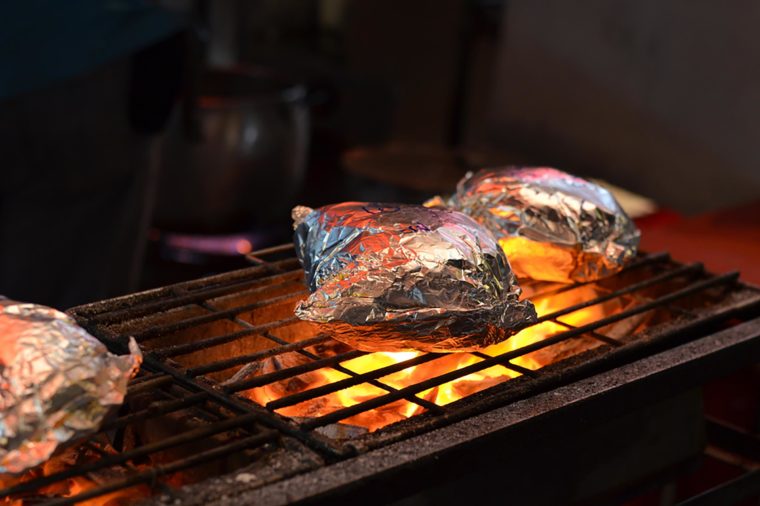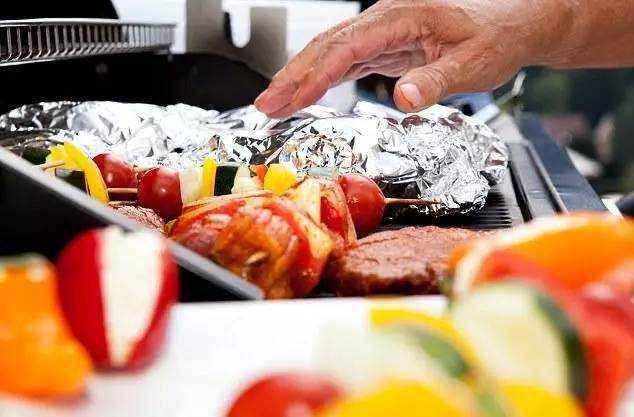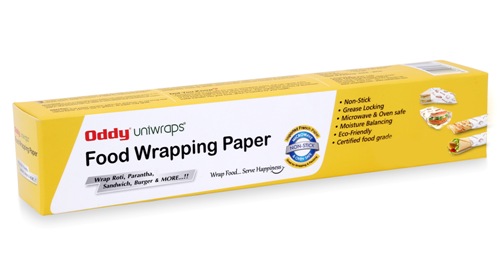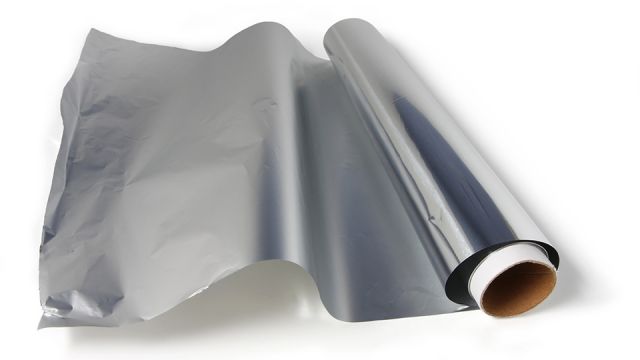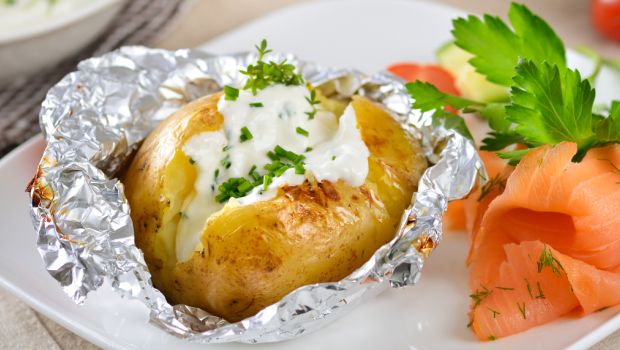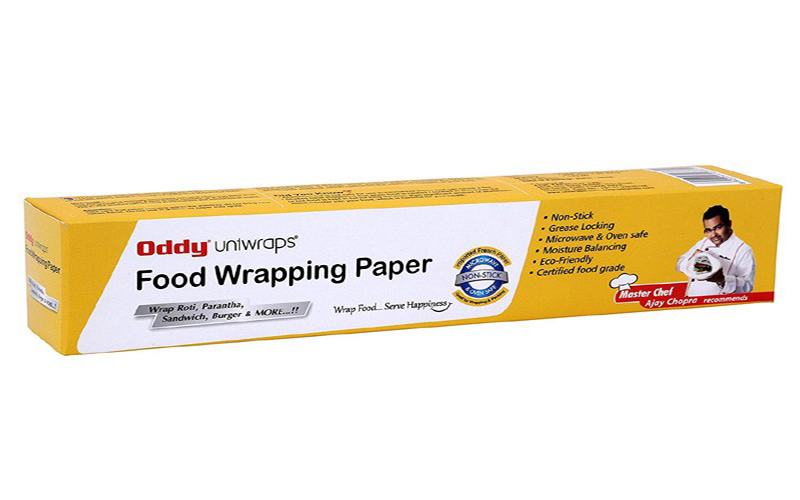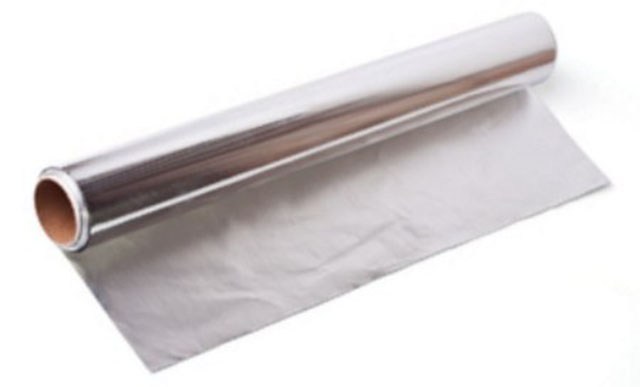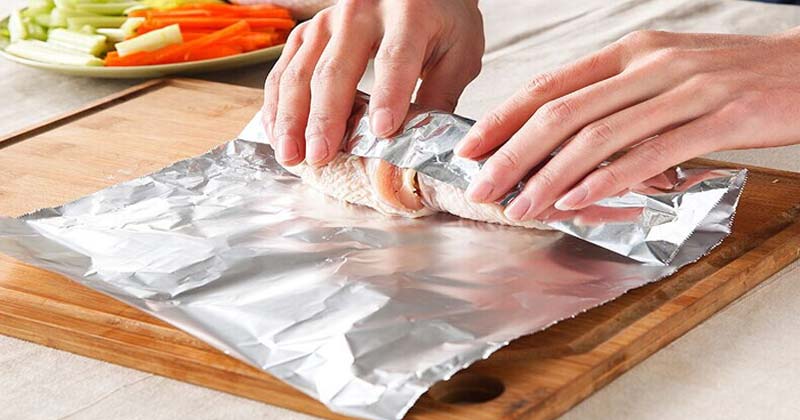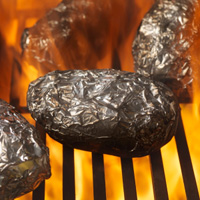Cooking and baking with aluminum foil is fast and convenient, and makes cleanup a cinch, but it’s not without health risks.
A lot has changed since aluminum arrived on the scene back in 1910, after the first aluminum foil rolling plant, Dr. Lauber, Neher & Cie, opened in Emmishofen, Switzerland. The first use of foil in the United States came about in 1913, when it was used to wrap Life Savers, candy bars, and gum. Eventually, aluminum foil made its way into American kitchens as a way to bake fish or roast vegetables on the barbecue, to line baking pans, and to trap steam when cooking.
And we’re using tons of it—so much that experts are getting concerned. Because according to research, some of the foil used in cooking, baking, and grilling leaches into your food, which can pose health problems over time.
According to the World Health Organization, human bodies are capable of properly releasing small amounts of aluminum efficiently, so it’s considered safe to ingest 40mg per kilogram of body weight of aluminum per day. Unfortunately, most people are ingesting far more than this.
Scientists have been looking at the potential threat that overexposure to aluminum may have on human health for years, and have found some disturbing results. For example, researchers have found high concentrations of aluminum in the brain tissue of patients with Alzheimer’s disease. Studies have also found that high aluminum intake may be linked to a reduction in the growth rate of human cells, and may be potentially harmful for patients with bone diseases or renal impairment.
A 2012 study published in the International Journal of Electrochemical Science investigated the amount of aluminum that leaches into food cooked with foil. The amount varied based on factors such as temperature and acidity (fish and tomatoes are highly acidic), but the findings showed conclusively that aluminum foil does leach into food cooked in foil. “Aluminum foil used in cooking provides an easy channel for the metal to enter the human body,” the study authors wrote. “The increase in cooking temperature causes more leaching. The leaching is also highly dependent on the pH value of the food solution, salt, and spices added to the food solutions.”
Ghada Bassioni, Associate Professor and Head of the Chemistry Division at Ain Shams University, conducted research with a group of colleagues that explored the use of aluminum for cooking and preparing food particularly at high temperatures. “The acidity of the food would enhance further leaching of aluminum into the meal,” she said, adding: “How aluminum will actually harm your body depends on many factors like your overall well-being and consequently how much your body can handle accumulation of it in relation to the allowable dosages set by the World Health Organization.”
So should you stop cooking with aluminum foil? It seems the general consensus is that we should, at the very least, cut way back.
For grilling veggies, you can get a stainless steel grilling basket, or even reusable skewers. Use a glass pan when roasting veggies in the oven; use a stainless steel cookie sheet under baking potatoes as opposed to aluminum foil to catch the mess; and even try replacing foil with banana leaves when wrapping foods for baking!
source: http://www.rd.com/health/wellness/cooking-with-aluminum-foil/


